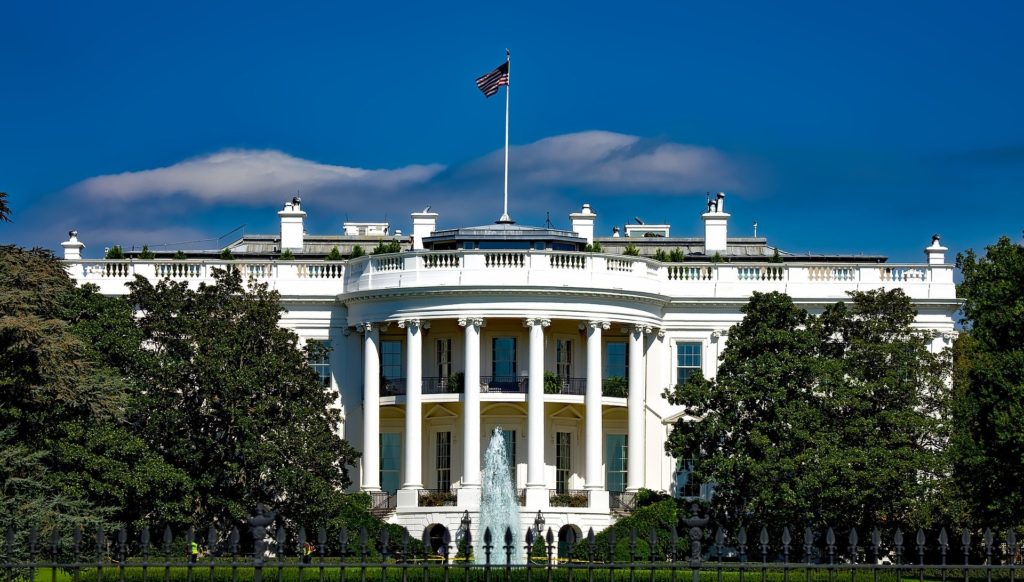The White House appears to be doubling down on its behavioral health efforts in its new 2024 budget proposal.
The proposed budget aims to grow the behavioral health workforce, increase access to services – including crisis care – and advance mental health research.
“In response to the current behavioral health crisis and in support of the President’s national mental health strategy to strengthen system capacity, connect more Americans to care, and create a continuum of support through the investment in the provision of equitable, evidence-based mental health services,” the budget proposals states. “HHS will invest in services to provide more Americans with access to the best treatment for mental and substance use disorders where it’s needed.”
Specifically, the proposed budget includes $656 million to “transform” behavioral health efforts across departments. Among the proposed reforms are provisions to eliminate the lifetime limits on inpatient psychiatric facilities services, extend funding for Certified Community Based Health Clinics (CCBHCs) and apply parity laws to Medicare.
“The Budget provides historic investments in the behavioral health workforce, youth mental health treatment, Certified Community Based Behavioral Health Clinics, Community Mental Health Centers, and mental health research,” the budget reads.
SAMHSA gets a major boost
The budget document proposes increasing the Substance Use And Mental Health Services Administration (SAMHSA) budget to $10.8 billion, up $3.3 billion from last year.
In a press call the day the budget proposal was released, U.S. Department of Health and Human Services (HHS) Secretary Xavier Becerra noted that the agency had proposed an increase in SAMHSA’s budget “so that we can meet behavioral health needs throughout the country, including funds to increase access to crisis services and grow the behavioral health workforce. As well as to address substance use disorders, which we know are killing too many or too many of our family members.”
SAMHSA’s proposed budget includes provisions for treating the opioid disorder epidemic, including providing substance use disorder (SUD) treatment and prevention services.
Some of those specific initiatives include dedicating $5.7 billion for substance use prevention and treatment activities, which would be a $1.3 billion increase from the FY2023 budget.
Another $4.9 billion of SAMHSA’s proposed budget would go toward mental health activities, representing an increase of $2.2 billion from last year. These mental health activities include more community programs, pediatric behavioral health services and support for individuals with serious mental illnesses.
“The proposed investments will address suicide prevention, increase crisis response, and provide direct services to people experiencing homelessness,” according to the budget document.
Giving workforce a boost
The new budget proposal has several provisions aimed at growing the behavioral health workforce.
This includes dedicating $387.4 million of Health Resources and Services Administration’s (HRSA) $2.7 billion budget to training more than 18,000 behavioral health providers and “expanding community-based experimental opportunities.”
“One in five American adults has a mental health condition and/or substance use disorder,” according to the budget proposal’s brief. “HRSA’s behavioral health workforce development programs train new behavioral health providers – including clinicians, peer support specialists, and others – and increase the number of providers practicing in areas of high demand throughout the country.”
Additionally, SAMHSA will invest $37 million in its Minority Fellowship Program, which is aimed at expanding the number of culturally competent behavioral health providers in the country.
In addition to funding behavioral health programs, the budget proposes $200 million for the National Institute of Health to prioritize “innovative mental health research and treatment.”
The proposal directs the NIH research to include psychiatric initiatives and treatments for addiction disorders.
The FY2024 budget is still in its early phases, and there will likely be a number of changes to the budget between now and the end of the year.



